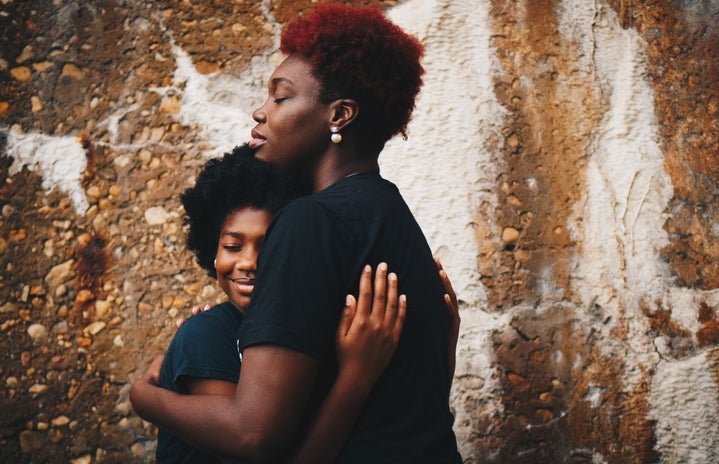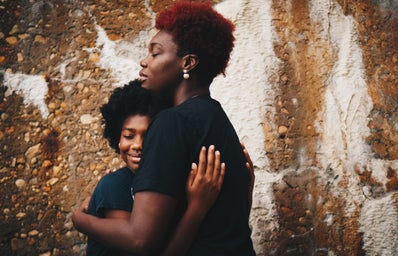This dialogue piece details the conversations that a few mothers of mythological figures might have at a luncheon.
The goddess temple in Olympus. Mother goddesses roam around the temple, chatting and celebrating their day. Demeter, Tiamat, and Durga sit at a table and converse about motherhood.
Durga: Hello, fellow Mother Goddesses! I am so happy that we can join here today for our first annual Mother’s Day luncheon! Anyway, I’m just making my way around each table to see how everyone is enjoying themselves.
Demeter: This is a beautiful set-up. It is so lovely to be able to share stories about motherhood amongst other mothers.
Tiamat: Yes, we were just about to discuss some of the sacrifices we had to make for our children. Would you like to join us, Durga?
Durga: Of course!
Tiamat: Great! I’ll start. My children are very problematic, so the sacrifices I made were to control my children’s improper behavior. It’s getting so bad that other gods are suffering; Kingu just advised me the other day, “When Ea and the gods who helped him killed Apsu, our father, you allowed them to do it. Now Anu has created this terrible fourfold wind…and you have allowed him to do it. Apparently, you do not love us, for you do nothing” (The Enuma Elish 7). I feel that I have to do something to discipline my children, like challenging their strength with something.
Durga:
Demeter: I disagree, I could never hurt a precious hair on my sweet Persephone. She is pure and innocent. “Persephone loves sunshine, wildflowers, and laughter” (“Demeter and Persephone” 94). This brings me to the sacrifice I had to make for my daughter; she sadly has to live in the Underworld with my brother, her husband. I can only see her in the warm seasons, but before I made that compromise, I punished everyone for the disappearance of my daughter, even the humans, who I loved and tended to.
Durga: What did Zeus do about it?
Demeter: Zeus tried to woo me over with gifts so that I would calm down, but I refused and confronted him about not using his grand powers to release our daughter from her captor. Then, all he had to say was, “I share your love and our concern for our daughter. However, Hades seized Persephone because he loves her, and he is as great a god as I am.” (“Demeter and Persephone” 97).
Tiamat: Our husbands have the most peculiar ideologies. When Apsu was living, and when the children were young and loud, he dared to suggest that we destroy the children so they would stop making a disturbance.
Durga: My relationship with my husband, Kaal, is contradictory, given that he is “the actual ‘Satan or Devil’. This earth is under the dominion of Kaal. This is the reason there is so much suffering on this earth. All the souls residing on this earth left their ‘Father God’ and accompanied Kaal and ended up living in his universe” (Supreme Knowledge). I, on the other hand, slay demons and evilness, but it works
Tiamat: So, how about those humans? Are you both loved and worshipped?
Demeter: Well, of course, they may fear me a little now because I put that year-long drought on them, but they still set a plate for me at their dinner table, hoping that I will dine with them. As the Goddess of Grain, “[I] taught mortals how to plant, raise, and harvest corn, wheat, and barley” (Rosenberg 94).
Durga: I am the humans’ mother goddess because I “protect mankind from evil and misery by destroying evil forces such as selfishness, jealousy, prejudice, hatred, anger, and ego” (Guin).
Tiamat: I remember that love. Now the humans see me as their enemy because I wish to control, and, if need be, kill my children. Honestly, I don’t even know if I still qualify to come to this event now that you know my plans.
Demeter: However, the only thing I wouldn’t deem worthy of this sacred event is that beast’s mother.
Durga: Who?
Tiamat: Grendel’s mother.
Demeter:
Tiamat:
Durga:
Demeter:
Mythologies included: Beowulf, “Brahm / Kaal”, “Demeter and Persephone”, “Goddess Durga: The Female Form as the Supreme Being” and The Enuma Elish.


